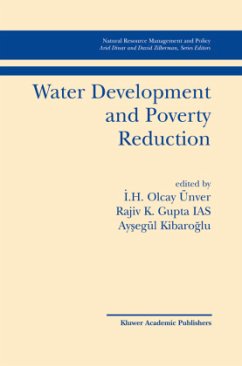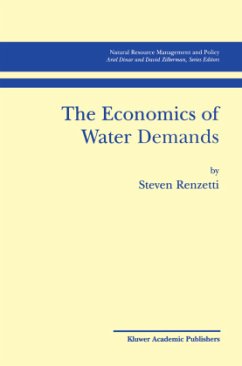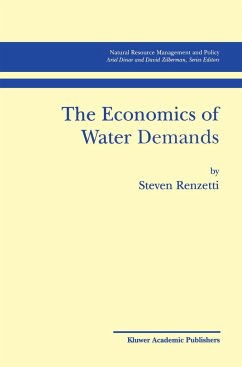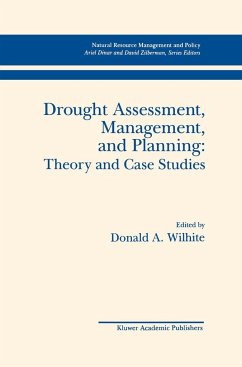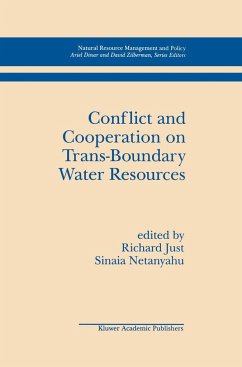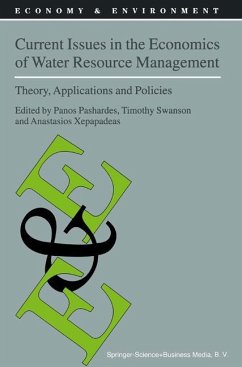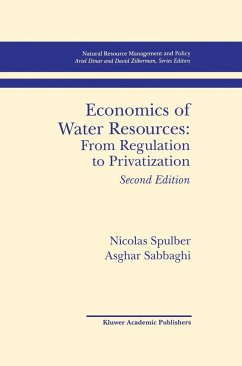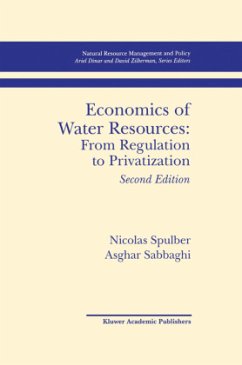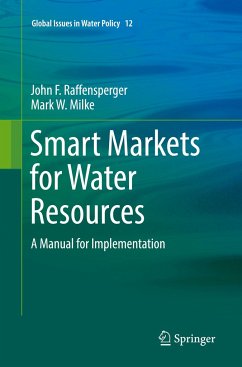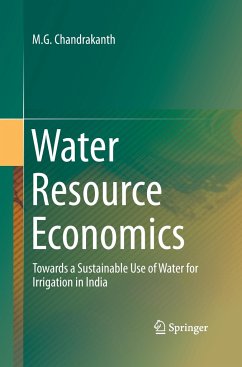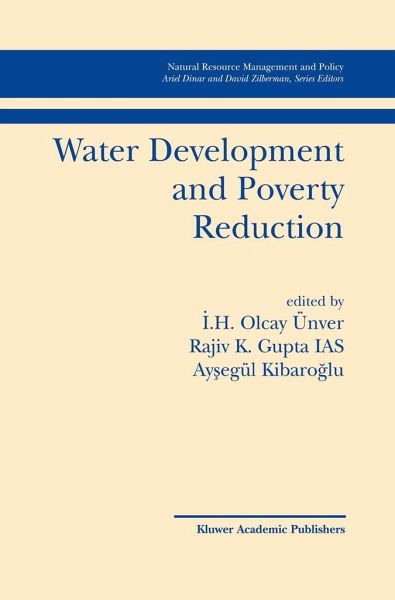
Water Development and Poverty Reduction
Versandkostenfrei!
Versandfertig in 1-2 Wochen
77,99 €
inkl. MwSt.

PAYBACK Punkte
39 °P sammeln!
In the book's four Parts, the interdisciplinary approach to many issues contributes to the relationship between water and poverty.Part I includes articles on the conceptual and methodological issues concerning poverty reduction through water resources development. It also offers analysis of quantitative measurements of poverty reduction, including some approaches for creating a Water Poverty Index. Part II considers the institutional frameworks for management of water and poverty reduction. Topics range from community-based decision making to international leadership. Part III encompasses disc...
In the book's four Parts, the interdisciplinary approach to many issues contributes to the relationship between water and poverty.
Part I includes articles on the conceptual and methodological issues concerning poverty reduction through water resources development. It also offers analysis of quantitative measurements of poverty reduction, including some approaches for creating a Water Poverty Index. Part II considers the institutional frameworks for management of water and poverty reduction. Topics range from community-based decision making to international leadership. Part III encompasses discussions on participatory irrigation management and the privatization of urban water supplies and sewerage and the link to poverty. Case studies from India, Turkey, and Jordan make up Part IV. The studies present diverse water management and development practices for poverty reduction, including realistic pricing and effective irrigation practices, the use of water as an engine for sustainable development, small and large scale strategies for reducing the risks and uncertainties in water availability and food security, the economic value of improved water supplies, and the positive impact of small-scale development projects.
Part I includes articles on the conceptual and methodological issues concerning poverty reduction through water resources development. It also offers analysis of quantitative measurements of poverty reduction, including some approaches for creating a Water Poverty Index. Part II considers the institutional frameworks for management of water and poverty reduction. Topics range from community-based decision making to international leadership. Part III encompasses discussions on participatory irrigation management and the privatization of urban water supplies and sewerage and the link to poverty. Case studies from India, Turkey, and Jordan make up Part IV. The studies present diverse water management and development practices for poverty reduction, including realistic pricing and effective irrigation practices, the use of water as an engine for sustainable development, small and large scale strategies for reducing the risks and uncertainties in water availability and food security, the economic value of improved water supplies, and the positive impact of small-scale development projects.



